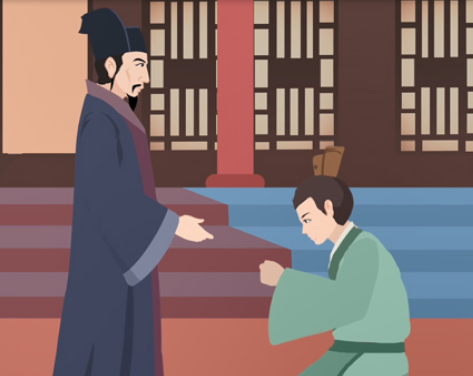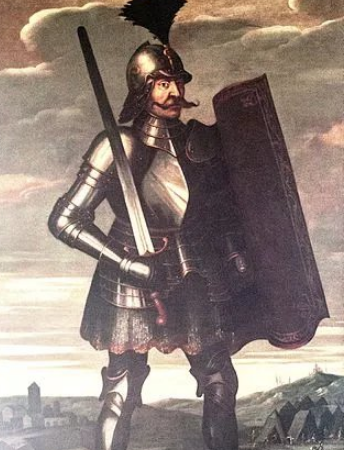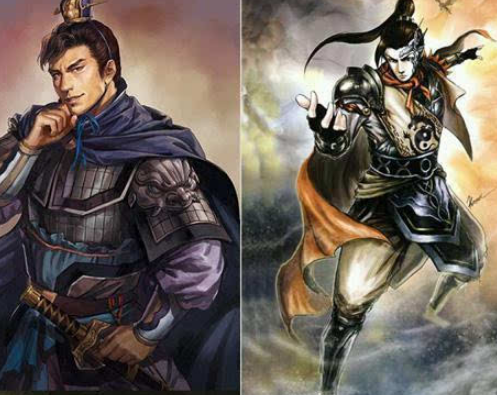In ancient China, adulthood was not merely a sign of age, but also an important rite of life. Especially for men, the age of twenty was known as the "age of weak adulthood", a significant milestone marking their official transition from boyhood to adulthood and the beginning of assuming social and familial responsibilities. This tradition dates back to the Zhou Dynasty, where men were required to undergo an adult ceremony at age twenty to signify their adulthood.

The term "weak adulthood" originates from "The Book of Rites: The Ceremonies of the Upper Class", which records: "At twenty, he is called weak and wears a cap." Here, "weak" refers to being young and immature, while "cap" refers to the hat worn by adult men. In ancient times, the cap was a symbol of an adult man's identity, thus "weak adulthood" became a special appellation for twenty-year-olds.
The adult ceremony of the Zhou Dynasty was a very solemn ritual, marking the moment when men could assume the responsibilities of family and society and enjoy the rights of adulthood, such as participating in politics and marriage. During the ceremony, men would wear ceremonial robes, put on hats, and perform sacrificial rites to express their respect for ancestors and commitment to the future. Additionally, they would receive teachings and blessings from elders, symbolizing their formal entry into society as full members.
Over time, although the forms and contents of the adult ceremony have undergone some changes, this tradition has persisted through later generations. In ancient China, the adult ceremony was not only a significant event for families but also an important social occurrence. It not only marked personal growth but also represented family honor and a sense of social responsibility.
Apart from the Zhou Dynasty, similar adult ceremonies existed in other dynasties. For instance, in the Han Dynasty, men underwent a "cap ceremony" at age twenty, and in the Tang Dynasty, there was the "provincial examination," both serving as confirmations and celebrations of men's adulthood. These ceremonies emphasized the importance of personal growth and reflected the ancient society's emphasis on education and moral cultivation.
In conclusion, the age of twenty for ancient men was known as the "age of weak adulthood," marking a crucial stage in their lives. The adult ceremony of the Zhou Dynasty was a solemn ritual signifying men's official entrance into adulthood and the assumption of social and familial responsibilities. This tradition not only demonstrated the ancient society's emphasis on growth and education but also became a unique aspect of Chinese culture.
Disclaimer: The above content is sourced from the internet and the copyright belongs to the original author. If there is any infringement of your original copyright, please inform us and we will delete the relevant content as soon as possible.































